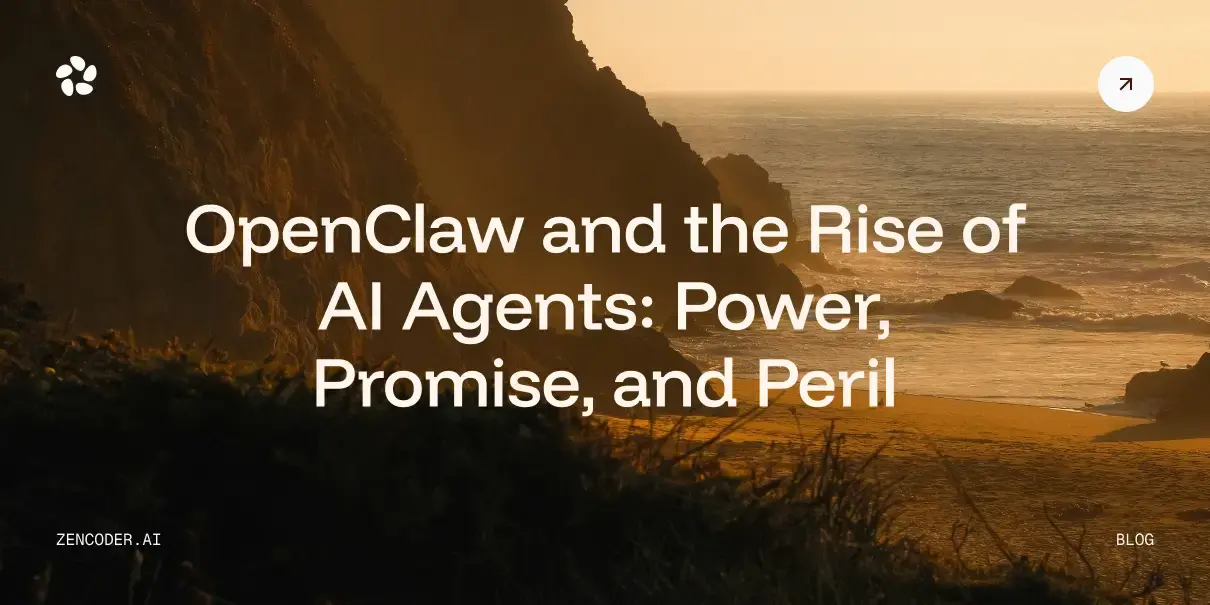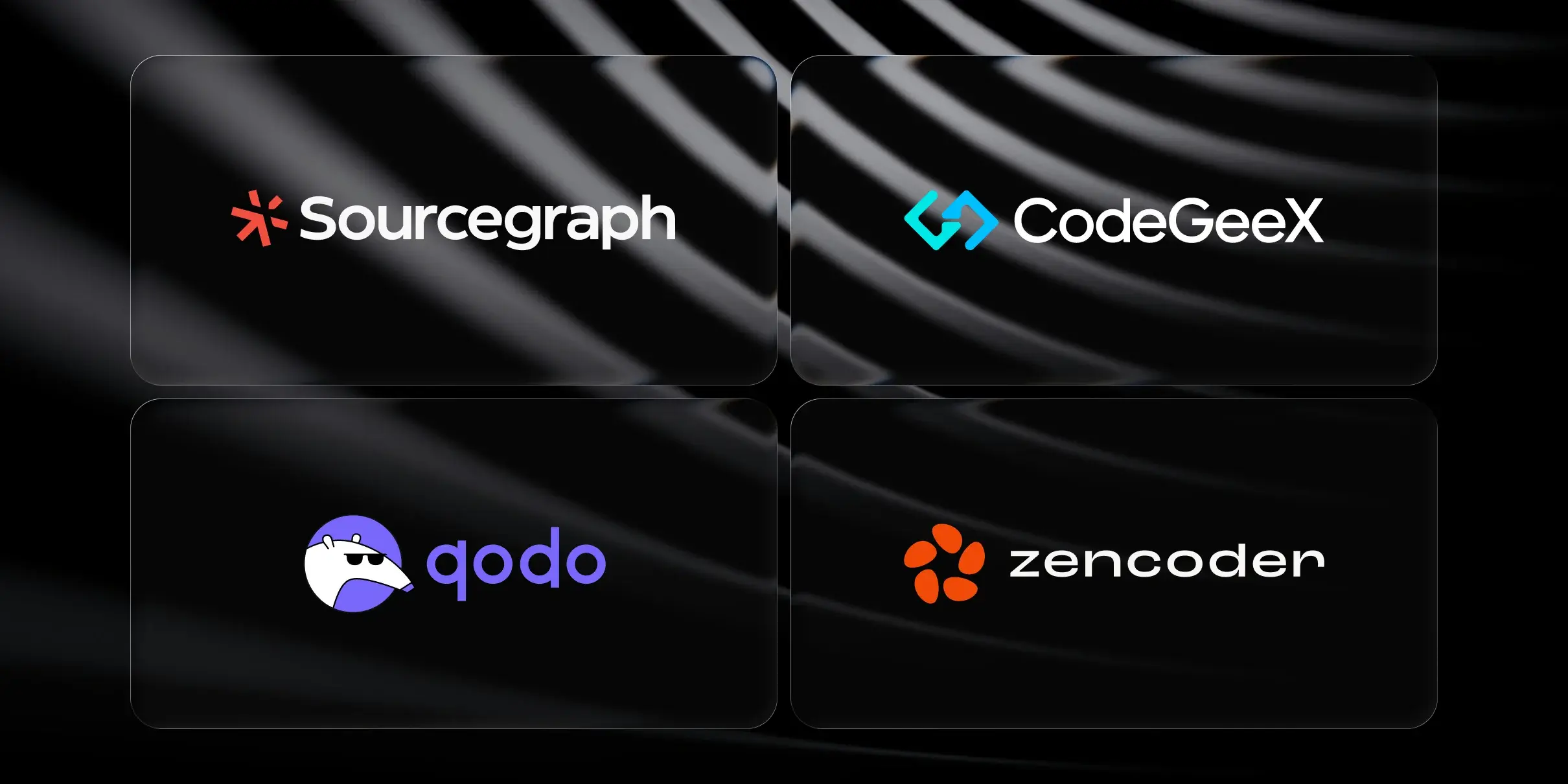Will AI replace software engineers in the future?
Software engineering platforms and tools have rapidly evolved over the last several decades. What a high school kid can do nowadays with open source and cloud technologies in a week, would take a year of work for a department of senior engineers a couple of decades ago. Yet, with all that progression of productivity, the companys’ backlogs keep growing longer and longer, and the number of engineers employed continues to grow. The fundamental explanation lies in the exponential nature of human creativity, as we layer the next foundation of software products. What was an underdeveloped feature of some Microsoft product yesterday is going to be the next public company of tomorrow helping millions of users all over the world. As that exponential demand from the market grows, our tooling should also grow exponentially, and that’s where AI can come to the rescue. We posit that with AI assistance there will be more developers than ever, and each one will be more productive with it than today.
The Role of AI in Coding and Programming
Artificial Intelligence has markedly influenced coding and programming, transforming how programmers approach software development tasks.
Since 2022, AI-powered tools like GitHub Copilot and various other coding assistants have emerged, drastically reducing the time you spend on routine coding tasks. These tools have chatting capabilities for programmers, offering suggestions, and a means for programmers to solve their coding challenges.
Python, being a widely favored programming language, has seamlessly integrated into the workflows of AI-driven tools. Numerous coding assistants powered by AI now offer support for Python, enabling developers to write scripts with enhanced efficiency and minimal errors. Python's rich collection of libraries and frameworks further amplifies its suitability for leveraging AI in development processes.ecosystem is particularly conducive to leveraging AI for enhanced development.
The capabilities of AI in coding provide you an opportunity to focus on nuances that automated systems might miss, ensuring a richer, more robust development process with enhanced code quality.
Beyond the automated assistance, AI-driven environments facilitate continuous learning and rapid iteration, keeping up with current technology trends. This way, you can future-proof your skills to adapt to the industry's evolving demands more swiftly, which keeps you ahead in the competitive tech landscape.
So, welcome AI as your newfound collaborator, ready to empower your every line of code.
AI Tools Like Copilot and Their Impact
AI tools have revolutionized your approach to coding, serving as remarkable coding assistants. These tools significantly enhance your productivity, allowing you to streamline your development process more efficiently.
Here at Zencoder, we're excited to introduce the world's first AI agents seamlessly integrated into your workflow. Additionally, our AI assistant acts as a paired programmer, allowing you to delegate mundane coding tasks to the agents and focus on innovation, troubleshooting complex issues, and enhancing user experience in the realm of software engineering.
Benefits and Drawbacks of AI Assistants
AI Assistants advanced algorithms provide substantial coding assistance, reducing development time. However, reliance on AI can sometimes lead to overlooked errors or less creative solutions.
Programmers may find themselves more efficient but questioning the depth of their coding skills. It's essential to maintain a balance to ensure AI assistants are enhancing rather than replacing developers' capabilities.
Zencoder AI has improved code pairing efficiency, making development faster.
One of the languages benefiting significantly from AI tools is Python. With the help of AI-driven assistants, Python developers can now streamline tasks such as code completion, debugging, and even complex data analysis. This integration enhances their productivity and allows them to focus on more creative and high-value tasks.
In conclusion, AI assistants accelerates mundane tasks and fosters productivity but can make programmers slightly dependent on AI. While AI has an enormous potential, your intuition and problem-solving skills remain irreplaceable. Leverage AI wisely to enhance, not overshadow, your software engineering talent.
Are Coding Assistants the Future?
Coding assistants are rapidly transforming how you approach software development. There are numerous benefits for developers:
- Increased Productivity: Automate repetitive tasks.
- Error Reduction: Minimize common mistakes.
- Faster Learning Curve: Help new developers learn quickly.
- Enhanced Creativity: Free up your time for innovation.
- Cost Efficiency: Reduce the need for extensive manual code reviews.
These assistants act as excellent pair programmers, giving you a boost in efficiency and accuracy. Yet, they remain tools to support your creativity and problem-solving skills, not replacements. Embrace coding assistants as allies in your quest for excellence in software engineering.
AI Replacing Software Engineers: A Reality Check
So will AI replace software engineers?
Presently, AI's role is primarily that of a coding assistant, a copilot guiding you through complex codebases. This transformation in your workflow maximizes efficiency without overshadowing your unique human creativity and problem-solving abilities.
AI will undoubtedly become more useful and powerful. But here is a simple metaphor: Google has immense computational resources, a multi-decade leadership in AI, and 10 years data of your emails in Gmal. Are they close to writing the emails 100% on your behalf? We don’t think so. Coding and software engineering is generally much harder cognitive load than writing an email. This tooling is built to accelerate you, not replace you, and by making you more productive it helps the humanity and economy to continue to follow the exponential progression curve which continues to create more jobs as larger and larger part of economy is shifting to digital.
AI Will Not Replace Software Engineers
AI has immense potential, but it cannot fully replicate the human touch and creativity in software engineering.
- Creativity and Innovation: AI lacks the intuitive and creative problem-solving abilities of human engineers.
- Complex Decision-Making: Software engineering often involves complex decisions that go beyond data and patterns.
- Ethical Considerations: AI cannot fully grasp the ethical implications of software development decisions.
- Human-Centered Design: Understanding the user's needs and emotions requires a human touch.
Human creativity stands at the beginning of every product iteration (including technical creativity) and human oversight guides the efficacy and ethics of AI-generated solutions.
The economic cycle works in a simple way:
- when the new technology appears (like a wheel, a horse, a train), the person and company who adopts the better technology has competitive advantage over the rest of their market
- once the competitors adapt the new technology, it goes back to human creativity to define the competitive angle
This shifts the demand in specific skills, but continues to drive the deman in human creativity and oversight. While most developers no longer have to use punch cards or low lever Assembler, there are more developers than ever. The skill curve shifted, the need grew exponentially, Same applies to AI. It will continue the shaping of the skill curve of software engineer, while continuing to build the demand for the profession.
Collaborating with AI as a Pair Programmer
Teaming up with AI as a pair programmer grants you an enhanced coding experience, boosting your productivity and accuracy.
- Code Suggestions: AI assistants can provide real-time code suggestions, helping you to write efficient and error-free code.
- Debugging Assistance: Quickly identify and fix bugs with AI-driven tools, resulting in smoother development cycles.
- Learning and Development: Benefit from AI's vast knowledge base to learn and implement best coding practices.
- Time Management: AI helps in automating repetitive tasks, allowing you to focus on more complex, creative activities.
- Documentation: Generate thorough and accurate documentation(including docstrings) effortlessly with the help of AI.
Embrace AI's support in navigating coding challenges, making the development process less daunting and more streamlined.
Working hand-in-hand with AI enables you to concentrate on strategic aspects and innovative solutions, fostering a dynamic and efficient workflow.
Skills for Thriving Alongside AI
Mastering the skill of adaptability, an essential in today’s fast-paced technological landscape, ensures you remain at the top of the profession. What’s interesting is when I look at my career, this meta-principle was the same 10 years ago, and the same 20 years ago. I think the “high” in “high-tech” relates to the high pace of change. Your willingness to embrace change and continuous learning will keep you ahead in a field constantly evolving with AI advancements.
In addition to technical prowess, focus on soft skills like creativity and critical thinking. These are your unique human strengths that AI can't replicate. By integrating AI tools effectively while nurturing your innovative mindset, you will flourish in a collaborative tech environment.
Human-AI Collaboration in Software Development Practices
Human-AI collaboration is revolutionizing software development, creating more efficient and innovative practices. Some capabilities that are key:
- Enhanced Debugging: AI tools quickly identify and suggest fixes for bugs.
- Code Generation: AI assists in generating boilerplate code, saving time.
- Performance Optimization: AI analyzes and suggests code improvements for better performance.
- Automated Testing: AI facilitates thorough and efficient testing processes.
By leveraging these use cases, you focus more on creative problem-solving and less on repetitive tasks. This dynamic partnership cultivates a forward-thinking and efficient work environment, propelling the industry toward new heights.
AI's Role in Agile and DevOps Environments
AI's influence in Agile and DevOps environments is shaping the future of software development, promoting efficiency, and enabling a higher quality of deliverables.
AI enhances continuous integration and continuous delivery, making CI/CD pipelines faster and more reliable.
Moreover, intelligent tools automate repetitive tasks in development, testing, and deployment, reducing human error.
Predictive analytics provided by AI can forecast potential issues before they arise, allowing teams to be proactive.
You can rely on AI for real-time monitoring and anomaly detection, ensuring uninterrupted and smooth operations throughout the lifecycle of your projects.
Ultimately, the synergy between AI and Agile and DevOps fosters a culture of rapid innovation and continuous improvement. By embracing these technologies, you are positioning yourself for sustained success in a competitive landscape, further positioning your company to be on the forefront of this technological advancement.
The Evolution of Software Engineering Careers in an AI Era
As AI continues to evolve, a myriad of opportunities unfolds for software engineers. Embracing AI-driven tools will enhance your ability to develop innovative solutions efficiently and effectively, reshaping the landscape of your career.
In adapting to this new era, you should figure out the best way to use AI as your “force multiplier”. It was ChatGPT first, then coding assistants came, and now the agentic technologies will continue to increase that multiplier. While AI might transform processes, it's evident that human creativity and intuition will remain invaluable assets in software engineering.
Reskilling and Upskilling Opportunities
In an AI-driven world, reskilling and upskilling are crucial for software engineers. How can you maximize your chances of thriving?
Industry experts, like those from the Harvard Business Review, have emphasized the importance of continuous learning to adapt to technological advancements. This mindset is now more relevant than ever.
To stay ahead and future-proof your career, it's vital to leverage online courses, bootcamps, and certifications to broaden your skill set. Platforms such as Coursera, Udacity, and edX offer specialized programs tailored for emerging technologies, including AI-driven development.
By investing in your ongoing education and technical acumen, you can ensure your expertise remains indispensable. Your proactive learning will keep you indispensable in the evolving tech landscape.
Challenges of Integrating AI in Software Engineering
Integrating AI in software engineering presents notable challenges that need careful navigation to ensure success.
The foremost challenge is the existing learning curve. AI, machine learning, and deep learning require specialized knowledge, which might be unfamiliar terrain for many seasoned software engineers.
Additionally, there's an inherent complexity in data quality and availability. Reliable, high-quality data is essential for effective AI models, and acquiring such data can be both time-consuming and costly.
Moreover, addressing ethical concerns is crucial. Implementing AI in software engineering raises questions about data privacy, bias, and accountability, further complicating the integration process.
Integrating AI tools into the developer's environment presents a significant challenge that many platforms and tools need to address. If a platform's primary approach involves directing developers to another platform for tasks like code generation and documentation, it can create a barrier to seamless integration and adoption of these tools. This emphasizes the importance of cohesive and user-friendly AI solutions within the developer workflow.
Despite these obstacles, the potential benefits of AI in enhancing software engineering practices are too significant to overlook.
Ethical Considerations in AI Development
As AI advances, ethical considerations become increasingly significant in the realm of software engineering.
In early 2024, Google's Gemini LLM, faced criticism for producing incorrect and inappropriate images, underscoring the critical need for robust ethical guidelines in AI development.
Similarly, recent incidents emphasize that software engineers must adopt a proactive stance on ethics in AI to prevent such debacles. Addressing potential biases and ensuring data privacy are critical in this context.
Furthermore, the responsibility extends to transparency and accountability. Engineers should strive to create AI systems that are explainable and auditable, ensuring users can understand and trust the technology.
Ethical vigilance will not only build better AI systems but also foster public trust in AI-driven innovations.
How to successfully adopt AI in Software Engineering
To successfully adopt AI in software engineering, it’s crucial to embrace a mindset of continuous learning. AI-driven tools like coding assistants and copilot systems can significantly boost productivity.
Invest in AI-driven development environments and promote a culture of human-AI collaboration. Encourage your software engineers to view AI as a pair programmer, augmenting their skills and accelerating workflows. By doing so, you position your organization to thrive in this rapidly evolving landscape.
And as this technology is at the exponential phase of the “S-curve” now, don’t set your mind in stone too early. The code that was generated by yesterday’s copilot is not the same as the code that’s generated today by a more robust agentic pipeline. And with the better data and tighter integration into your dev process, it will positively surprise you tomorrow.
Case Studies of AI-Driven Development Environments
Have you ever wondered how AI-driven development environments shape the future of software engineering processes?
Klarna's AI assistant by OpenAI, live globally for a month, handled 2.3M conversations, two-thirds of customer service chats. Customers now resolve issues in under 2 minutes, down from 11. Available 24/7 in 23 markets, communicating in 35+ languages, projected to boost Klarna's profits by $40M USD in 2024.
Similarly, at Zencoder, we are looking to achieve similar results for developers . This Zencoder assistant and AI coding agent integrates seamlessly into development environments, providing code generation, unit testing, docstring generation and automating repetitive coding tasks, thus unlocking developers' creative potential and helping them ship products faster.
We are thrilled to be at the forefront of the coding space, which is undeniably the next frontier for AI innovation. As pioneers in this rapidly evolving field, we are dedicated to revolutionizing software development practices by harnessing the power of artificial intelligence.

![Spec-Driven Development: Everything You Need to Know [2026]](https://zencoder.ai/hubfs/Cover-Feb-17-2026-08-47-58-1236-PM.webp)

